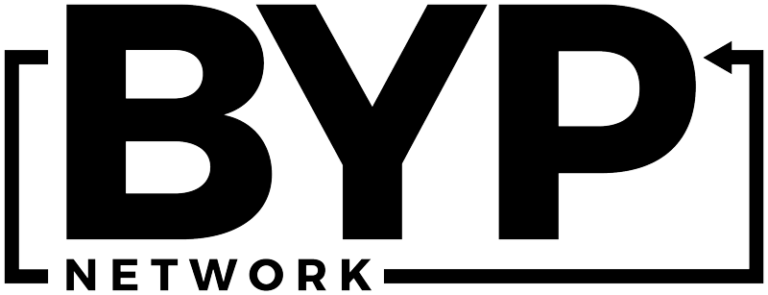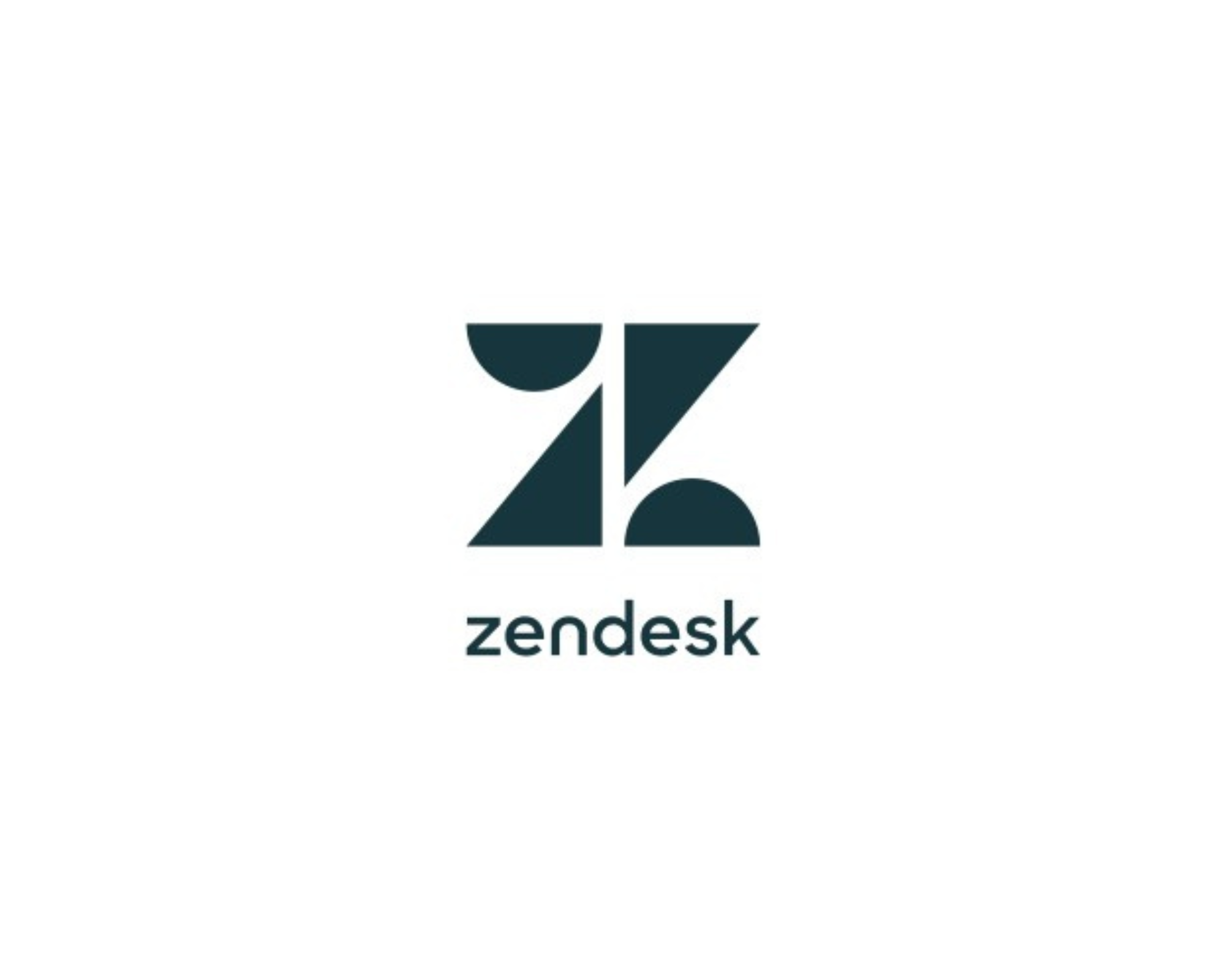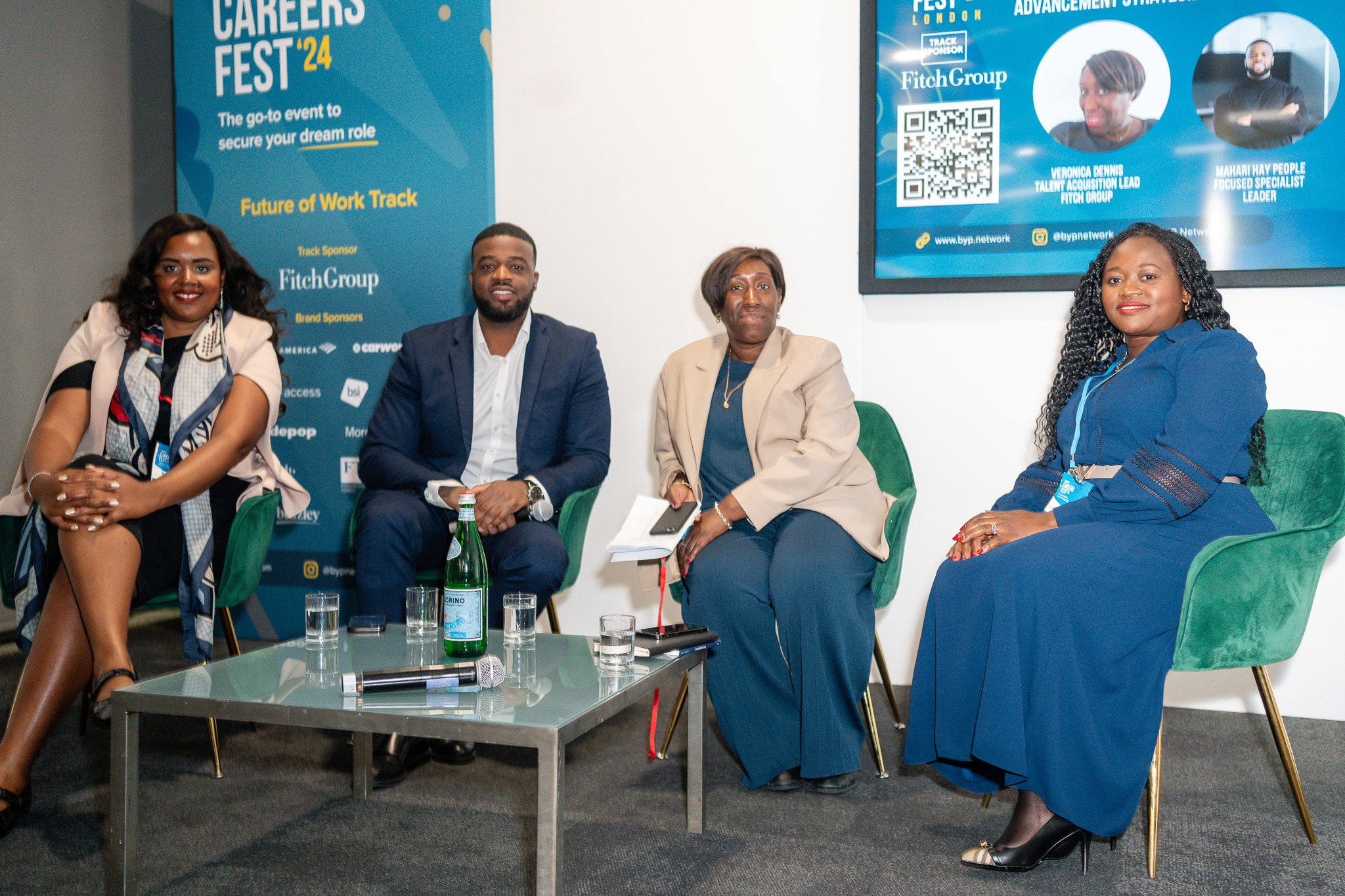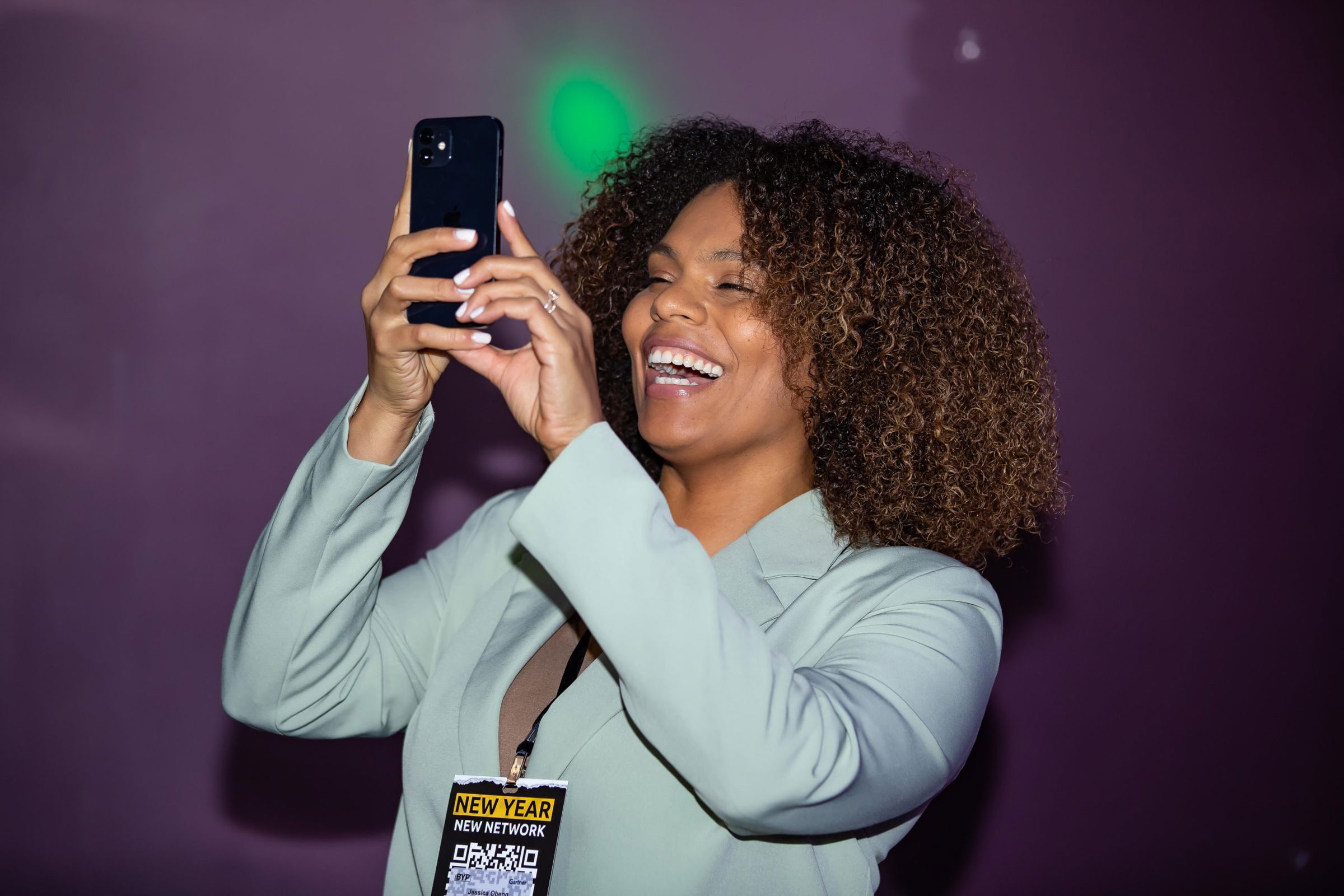Diversity efforts at Zendesk are incredibly intentional. The leading customer engagement software provider helps companies of every size and industry to optimise their customer service.
In today’s digital world, connecting with customers on a personal level is one of the recipes for success. Employees play a critical role to make this happen: That´s one of the reasons why Zendesk is committed to empowering its internal teams through a range of initiatives to promote diversity in the business.
One such initiative is to offer benefits for personal development. Zendesk has allocated dedicated education reimbursements that employees can use for personal development in the form of training, conferences or books. This enables employees to upskill their abilities. In addition to that, Zendesk provides support for mental well-being, such as. free coaching sessions through Modern Health and a free subscription to the Calm app.
BYP spoke with senior engagement marketing specialist Khadouj Nouwou and Prelini Udayan-Chiechi, SVP of Global Digital & Regional Marketing, to discuss how these initiatives impact female workers and evaluate how diversity and inclusion benefit the workspace from both a leadership and team perspective.
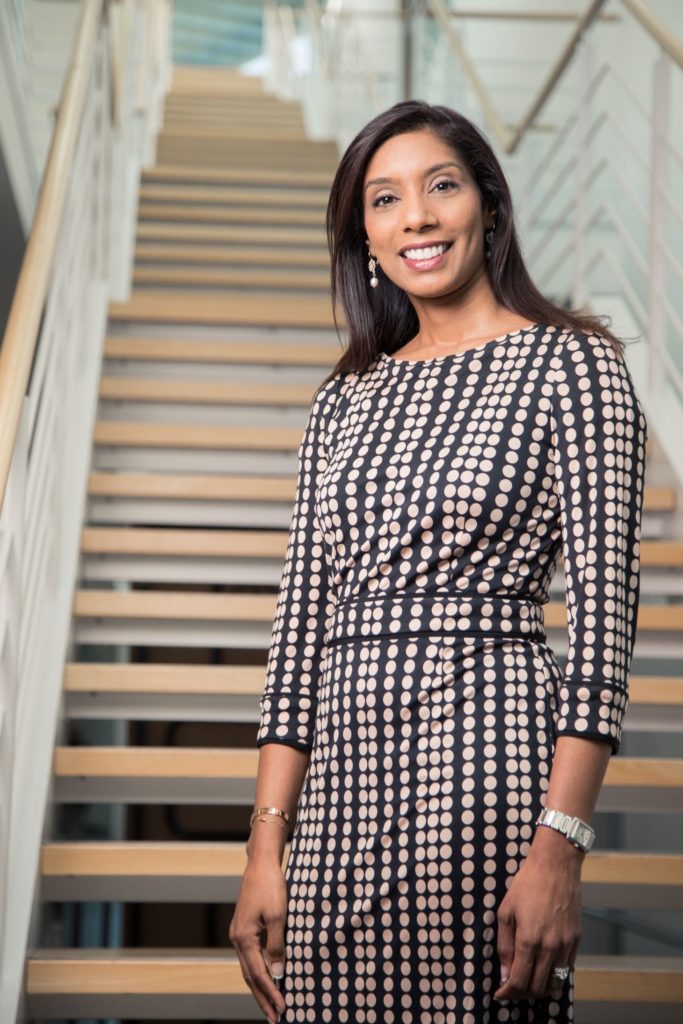
BYP: How did you two meet?
Udayan-Chiechi: Khadouj and I started working together 8 years ago at another company. Khadouj started around the same time as me, and she was on our Sales Development Representative (SDR) team. I always admired her and she would always jump in to support us from a marketing perspective. We created a bond and a relationship very early on.
BYP: Khadouj, what made you choose to work in marketing?
Nouwou: I did not have any experience in marketing but I wanted to help and discover more about the marketing field. I’ve always worked in sales as an SDR or a sales assistant in different departments of software companies. Prelini suggested a Marketing role to me and since I trusted her and the position sounded appealing I decided to go for it. I took a risk to change my career and try something new.
Udayan-Chiechi: Khadouj had this unique skill set. I always say everyone has a unique selling point, and hers was that cross-over of being able to understand both worlds. Khadouj came from a sales background, so it was a transition, but that’s why she’s been so successful in her role to date; she’s discovered what that sweet spot is for her because she was able to find this unique area that doesn’t necessarily exist in the market place naturally.
BYP: The trust clearly goes both ways, because Khadouj was a beginner in the marketing industry.
Udayan-Chiechi: She was, but I saw the huge potential in her. I’m a strong believer in the saying: ‘You don’t hire people for today, but for what they can become.’ Khadouj demonstrated all these amazing values; the learning and proactiveness, and the will to take a risk and help the team. It wasn’t about what she was getting in return, but how she could help and improve. When you see those traits and qualities in someone, then of course you want to develop and improve them.
BYP: What would you both say are the most crucial criteria for choosing a career?
Nouwou: For me, it’s the people. Today we spend more time with colleagues than with family, so I need to work in an environment where I am able to build relationships and trust and love my team. At Zendesk I’ve never had any issues with my team. They’re always ready and willing to help and that was the sort of environment and relationships I was looking for.
Udayan-Chiechi: Khadouj hit the nail on the head. I’ll use a football analogy: as I build teams, I’m not looking to build a team of strikers who play independently for themselves. I want to win the championships, and the only way to do that is to bring players together that are not only willing to play their roles, but jump into other roles as required.
When I joined Zendesk 5 years ago there were only 5 employees in the European marketing team, and there are now over 60 people and 200 globally on the field and digital side. It’s such a close-knit team. It all comes down to the people and that’s what makes our team so successful.
BYP: What other values at Zendesk resonate with both of you?
Nouwou: Trust and humility as well as the ability to motivate people. I work with experts on my team, but even when I was a beginner, everyone was so helpful and no one would tell me I couldn’t do something because I didn’t have the experience or knowledge. Everyone is humble and tries to help the team get to the same level regardless of their background and experience, especially the managers and leaders.
Udayan-Chiechi: A big one for me is having a community spirit. In our employee communities, it’s not just about just recognising people as workers, it’s about the value they bring and how they bring their whole selves to work. Recognising individuals for everything that they bring is a core base value of the culture that we’ve created at Zendesk. In addition to the employee communities and empathy circles, Zendesk enables managers to have constructive allyship conversations as well as education and awareness. The investment in DEI – both with donations and time is remarkable. We’re holding ourselves accountable for driving change too – as part of our DEI commitment, we introduced the Zendesk Inclusion Index with a goal to measure the impact of our global company-wide DEI efforts.
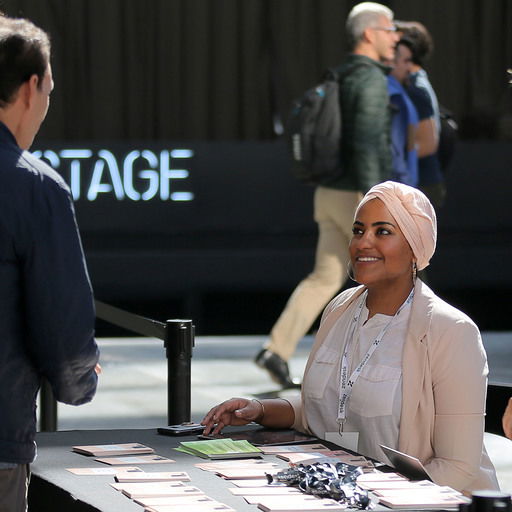
BYP: Khadouj, how important has community and mentorship been to your success?
Nouwou: I had a mentor that gave me an opportunity in Paris that changed my life. At the time I didn’t have the skills or knowledge about the culture. He taught me everything from how to improve my vocabulary, dress appropriately, table manners and etiquette, and he gave me insights on how to have a good interview. I’m really thankful for the opportunity he and other mentors have given me, and it’s the same with Prelini. Those people who trusted me pushed me and encouraged me to take risks all changed my life.
BYP: How important is Black visibility in the workplace?
Udayan-Chiechi: We measure minority groups from a leadership perspective to ensure we have full diversity to make sure we’re mentoring, developing and investing into developing talent. Zendesk also has programmes for underrepresented groups. To mention one example: “Mosaic” is an employee community for people of colour and advocates at Zendesk who regularly meet up to drive debates and have an intense exchange concerning the Black community.
BYP: What advice would you give those navigating homogenous workplaces?
Udayan-Chiechi: As mentioned, Zendesk launched initiatives such as empathy circles and listening circles to be able to listen and work through challenges. Our leaders had psychological safety training to ensure we’re creating a supportive environment where people can thrive. That allows us to make the space to connect. You have to be understanding and have the patience to lead diverse teams.
Having the right represented talent at all levels is also important. I often have people of colour and women across the business reach out to me to say it’s so wonderful to see someone like me in my position. Khadouj has also told me that I give her hope that she can achieve what I have. The more we do that as a company and for society, the more glass ceilings we can break down for all. When we have more diversity, people can learn from each other so that they are able to deliver the best team results.
BYP: How has representation mattered to you?
Nouwou: At my first job I was the only woman in the department and the only woman of colour in the whole company. I felt really different and there was a huge cultural difference which made it hard to connect with my colleagues. This experience made me a stronger person and taught me the importance of working in diverse environments. It also changed the way I choose which companies to work for; I look for companies with better values and that hire more people who look like me.
BYP: Prelini, what would you say are the biggest challenges you’ve faced in your career to date?
Similar to Khadouj, coming up as a female person of colour was very unique. I was quite young, and so people would attribute my success to being a token hire, or because of my looks and gender, and not my credentials. As I’ve gotten older I no longer experience that, but for a long period of time, that was my reality.
Outside of race, there are so many societal expectations, like being a mother by a certain age, and if you’re not you get labelled as being too career-oriented. The more society stops trying to put people into a box, the more we’re going to learn and appreciate the differences everyone brings, and we get the most value out of every person out there.
BYP: Khadouj, how has mentorship helped you overcome some of your challenges?
Nouwou: When I go through a situation I always turn to someone, and when I joined Zendesk it was Prelini. I would reach out and ask questions, seek advice or talk through my fears. It’s important to have someone you trust who will always push you and steer you in the right direction. Although Prelini is not my manager anymore, she would be the first person I would go to, to discuss career opportunities.
BYP: Prelini, what have been the benefits of mentoring for you?
Udayan-Chiechi: It’s about giving back. I never had children, that might be one of the reasons why my team has become extra special to me. My desire is to help them become better than me and help them to go further in their careers than I will. In our generation, there are still going to be ceilings and areas we need to break down, but I hope they’re broken down by the time Khadouj and the next generation get there.
BYP: What advice do you have for people who took non-traditional career paths?
Udayan-Chiechi: The biggest thing is remembering we are all individuals and shouldn’t be trying to copy someone else’s life. Embrace your personality and your skillset. Figure out what’s right for you and not what society tells you.
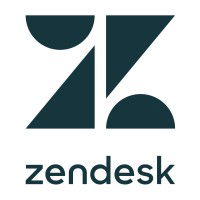
Take a look at the Zendesk employer page on our BYP jobs board and discover their latest vacancies.

